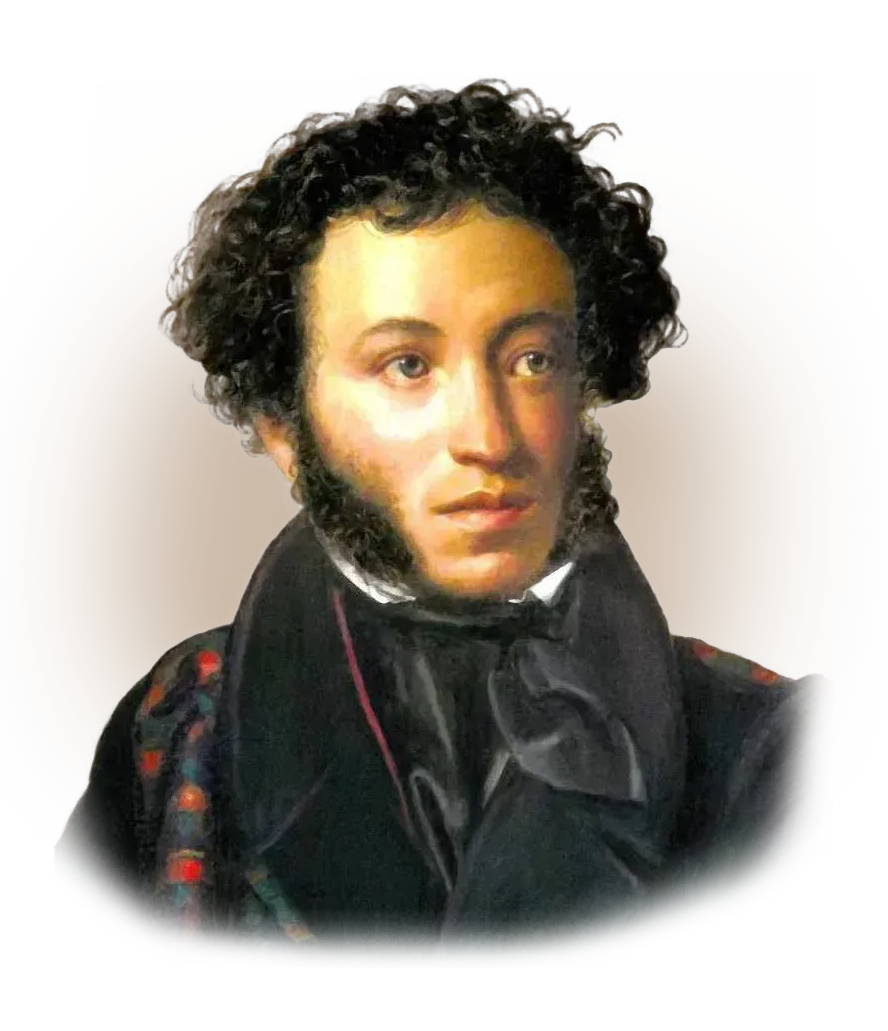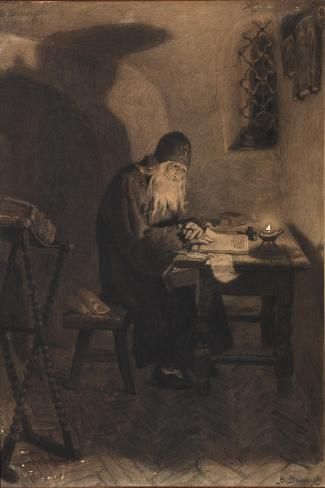
17.10.2023
Alexander Pushkin, the literary luminary of Imperial Russia, faced the scrutiny of censorship due to his sharp wit, social critique, and fearless exploration of controversial themes. The censors of his time often found themselves uncomfortable with Pushkin’s unyielding voice, leading to the suppression of several of his works. Here, we delve into the pieces that faced censorship and Pushkin’s enduring legacy in challenging the boundaries of creative expression.
1. “Eugene Onegin” (1833)
Even though “Eugene Onegin” is considered Pushkin’s magnum opus today, it was not immune to censorship. The original version of the novel in verse faced significant alterations due to its depiction of society, leading to several lines being modified or omitted. Pushkin’s scathing portrayal of the Russian aristocracy and the complexities of human relationships challenged the social norms of his time, making it a target for censorship.
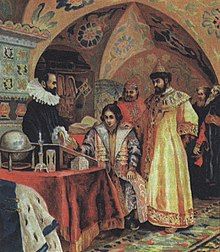
2. “Boris Godunov” (1825)
Pushkin’s historical play “Boris Godunov” underwent censorship due to its political content. The play explores the reign of Boris Godunov and the legitimacy of his rule, touching upon sensitive political themes. Censors were concerned about the play’s potential to incite public unrest, leading to edits and modifications to dilute its critical messages.
3. “The Bronze Horseman” (1833)
“The Bronze Horseman,” one of Pushkin’s most celebrated narrative poems, faced censorship due to its depiction of the devastating 1824 flood in Saint Petersburg. Censors feared that the poem’s vivid portrayal of the natural disaster might evoke public panic or discontent. Consequently, Pushkin had to make revisions to tone down the intensity of the descriptions.
4. “An Offended Letter” (1820)
This satirical poem, targeting a government official, was suppressed by the authorities due to its direct critique. Pushkin’s ability to use humor and satire to challenge the government’s shortcomings made him a threat in the eyes of the censors. “An Offended Letter” was considered too audacious and was not published until after Pushkin’s death.
5. “The Gypsies” (1827)
Pushkin’s poem “The Gypsies,” exploring themes of freedom and cultural clash, was seen as controversial. Its portrayal of the Romani people and their struggle for autonomy led to its censorship. Pushkin’s empathetic depiction of the marginalized Romani community challenged prevailing stereotypes but also made the poem a target for suppression.
Despite the challenges posed by censorship, Pushkin’s enduring legacy lies in his ability to transcend these limitations. His works, even when altered, continued to resonate with readers, inspiring future generations to question societal norms and advocate for creative freedom. Pushkin’s courage in the face of suppression not only defined his era but also laid the foundation for the rich tradition of dissenting voices in Russian literature, reminding us of the enduring power of artistic expression in the face of adversity.
You may also like:
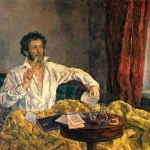
17.10.2023
Pushkin's Literary Palette: Exploring the Genres Mastered by the Russian Bard
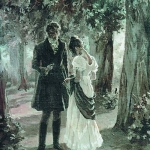
17.10.2023
Unforgettable Characters in Pushkin's Literary Legacy: Icons of Russian Literature

17.10.2023
Pushkin's Stylistic Brilliance and His Enduring Impact on Russian Poetry

25.04.2023
Alexander Pushkin's relations with his contemporaries
